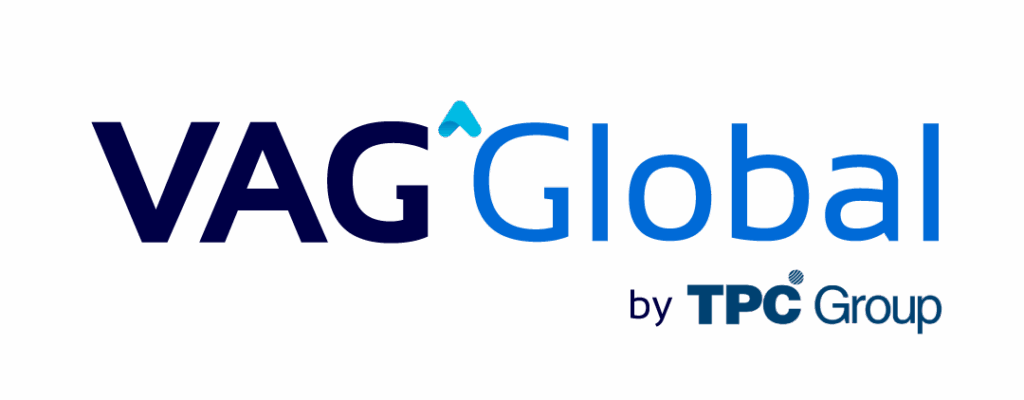The International Auditing Standards are fundamental to guaranteeing transparency, trust, and efficiency in the financial management of companies globally.
What Are the International Auditing Standards (IAS)?
The International Auditing Standards (IAS) are a set of guidelines regulating the execution of financial audits in all countries. The IAASB (International Auditing and Assurance Standards Board) developed these standards to ensure consistency and quality in external audit services. Implementing these standards enables auditors to provide a reliable report on a company’s financial situation, which is vital for both investors and regulators.
Importance of IAS in Financial Auditing
The International Auditing Standards ensure that financial audits are carried out in a standardized manner, regardless of location, through the application of universal principles that allow auditors to issue opinions based on solid evidence, enhancing the reliability of the financial statements presented. It benefits the audited companies and investors, who can rely on the veracity of the financial reports to make informed decisions.
A financial audit conducted under the IAS enables companies to report their financial results transparently. In this regard, external audit services provide investors and stakeholders with the certainty that the reported figures are correct and comply with current regulations. In addition, compliance with IAS helps prevent fraud and errors in financial statements, ensuring that companies operate with due diligence.
External Audit Service: Establishing Confidence in the Market
External audit services are essential for any company seeking to maintain its reputation and credibility in the market. The International Auditing Standards enable consistent execution of these services, ensuring that all financial reports and statements are audited within a globally recognized framework.
External audits, based on ISAs, offer confidence and transparency indispensable for companies intending to attract investors, access financing, or comply with local tax regulations. External auditors are responsible for assessing whether a company’s financial statements accurately reflect its economic situation and whether they comply with established tax and accounting regulations.
Financial Auditing: A Pillar for Corporate Sustainability
Accounting and financial audits assess the accuracy of financial statements, ensure compliance with tax regulations, and evaluate efficiency in resource usage. Due to the IAS implementation, companies can ensure that their accounting and financial audits are under the same international standards, which facilitates the comparison and evaluation of their performance against other companies in the global market.
A detailed financial audit performed under international standards identifies problems in economic management before they escalate, enabling organizations to adjust their procedures and enhance their operational and tax strategies, promoting long-term sustainability.
Cost of the External Audit: What Should Be Considered?
The price of an external audit can vary depending on the complexity and size of the company. Conversely, an external audit under the IAS is not only an expense but a strategic investment in transparency and reputation. An audit by experts can prevent future financial issues, fraud, or accounting errors that will be highly costly in the future.
Conclusion
The International Auditing Standards ensure transparency, reliability, and effectiveness in financial reporting. These standards enable companies to perform internal and external audits within a globally recognized framework, enhancing the confidence of investors and stakeholders in the company. In addition, the implementation of these standards also contributes to fraud prevention and resource optimization. For comprehensive accounting and tax audit services in Lima, professional experts are crucial to comply with current regulations and enhance sustainability.
For further information, contact us by email at contacto@vag-global.com or call +511 436 4612.
